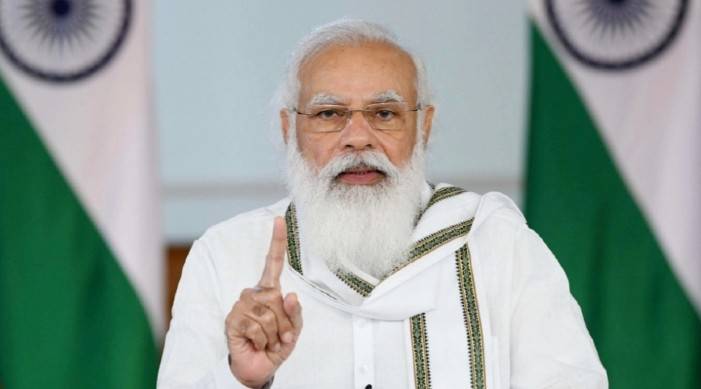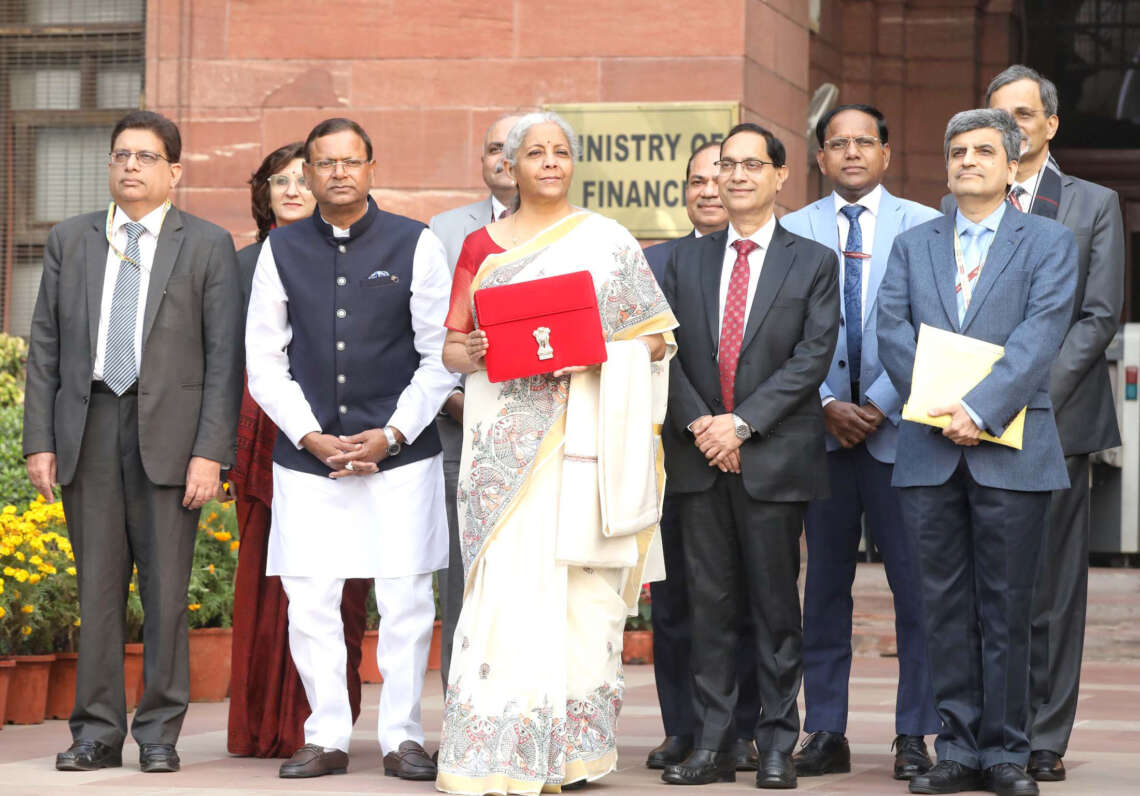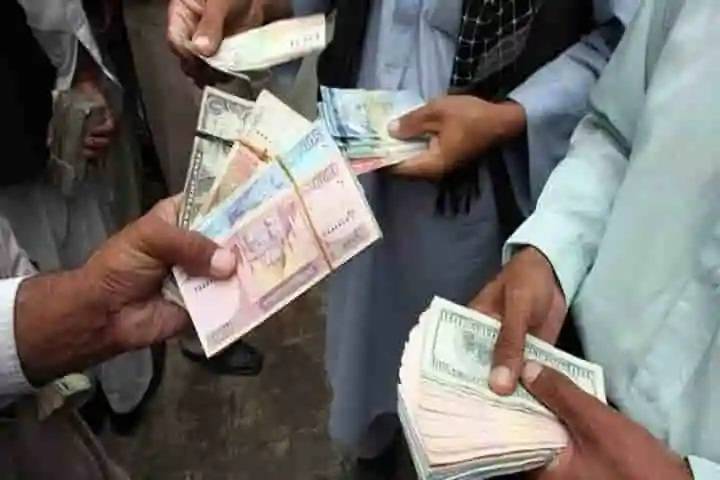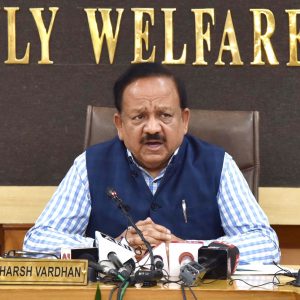Earlier, Niti Aayog’s CEO Amitabh Kant said that India, instead of copying China’s growth model, must focus on its own areas of strength…reports Asian Lite News.
As India sets its target on becoming a $5 trillion economy by 2025, the seven-member Prime Minister’s Economic Advisory Council (PMEAC) that has been reconstituted will have a far more critical role to play compared to the recently dissolved one. The PMEAC 2.0 comes to life amid extraordinary challenges not only thrown up by the Covid-19 pandemic but also the rapidly changing world order.
When the previous PMEAC, formed in 2017, three years after the Narendra Modi government came into power, it was mandated to look into 10 demarcated areas. But this time the scope has been widened and the council can look into any issue – economic or otherwise and thereby advise the Prime Minister.

“This could be suo-motu or on reference from the prime minister or anyone else,” the official notification said.
In 2017, the PMEAC – an independent body– was given clear specifications and was mandated to focus on the following: economic growth; employment and job creation; informal sector and integration; fiscal framework; monetary policy; public expenditure; institutions of economic governance; agriculture and animal husbandry; patterns of consumption; and production and social sector.
“This is an interesting shift and also shows that given the unprecedented situation in the wake of the pandemic, the council will be able to pick up issues that it feels need immediate attention,” Subhomoy Bhattacharjee, Senior Adjunct Fellow at RIS (Research and Information System for Developing Countries) told India Narrative.
Sources said that the government is looking to aggressively press the pedal on reform measures while projecting India as the world’s manufacturing hub. One of the biggest achievements this year has been the disinvestment of the bleeding Air India. That apart, the government has also repealed the controversial retrospective taxation policy and this is set to serve as a huge sentiment booster for foreign investors.
Earlier, Niti Aayog’s CEO Amitabh Kant said that India, instead of copying China’s growth model, must focus on its own areas of strength.

“India cannot become the next factory of the world by copying China… We have always got into sunset areas of growth, this is the time to get into sunrise areas of growth,” Kant said.
Along with the new-look PMEAC, the Niti Aayog will continue to play an important role as the country’s focus is back on economic growth after a brutal second wave of Covid-19 as the finance ministry starts work on the Union Budget for next year.
Besides Bibek Debroy who will continue to head the PMEAC, Chief India Economist of JP Morgan Sajjid Chinoy, India Strategist for Credit Suisse Neelkanth Mishra and Managing Director of Kotak Mahindra Asset Managemet Co. Ltd Nilesh Shah will remain part-time members of the council. Former deputy governor of Reserve Bank of India Rakesh Mohan, IIM Ahmedabad professor T.T. Ram Mohan and NCAER director general Poonam Gupta are the three new faces on the PMEAC.
(The content is being carried under an arrangement with indianarrative.com)
ALSO READ-India shifts focus on doers not talkers to boost post-Covid economy
READ MORE-Boris eyes post-Covid economy as UK Conservatives meet














